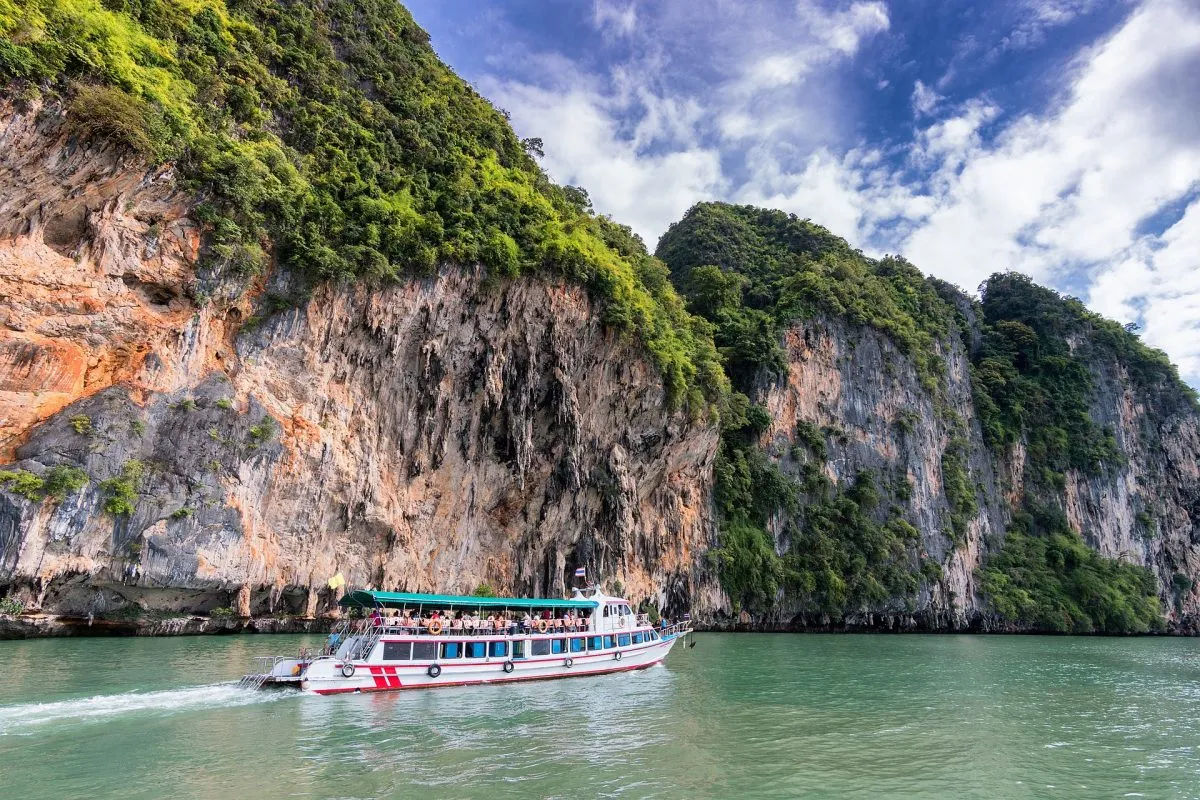Tech Titans' Playground: How Southeast Asia Became the New Frontier of Digital Innovation

The Southeast Asian travel landscape is experiencing remarkable growth, yet the industry finds itself at a critical technological crossroads. As tourism surges across countries like Thailand, Vietnam, and Indonesia, there's a glaring gap between the sector's expanding potential and its technological infrastructure.
This technological lag represents a golden opportunity for innovation. Forward-thinking entrepreneurs and tech companies can revolutionize travel experiences by introducing cutting-edge solutions tailored to the region's unique market dynamics. From seamless digital booking platforms to AI-powered travel recommendations and immersive mobile experiences, the potential for transformation is immense.
The key lies in developing smart, user-friendly technologies that can simplify travel planning, enhance customer experiences, and bridge the current digital divide. By investing in robust, localized technological solutions, the Southeast Asian travel industry can not only catch up with global standards but potentially leapfrog existing models.
As travelers become increasingly tech-savvy and demand more personalized, efficient services, the race is on to modernize and digitize the region's travel ecosystem. Those who can successfully navigate this technological frontier stand to gain significant competitive advantages in one of the world's most dynamic tourism markets.
